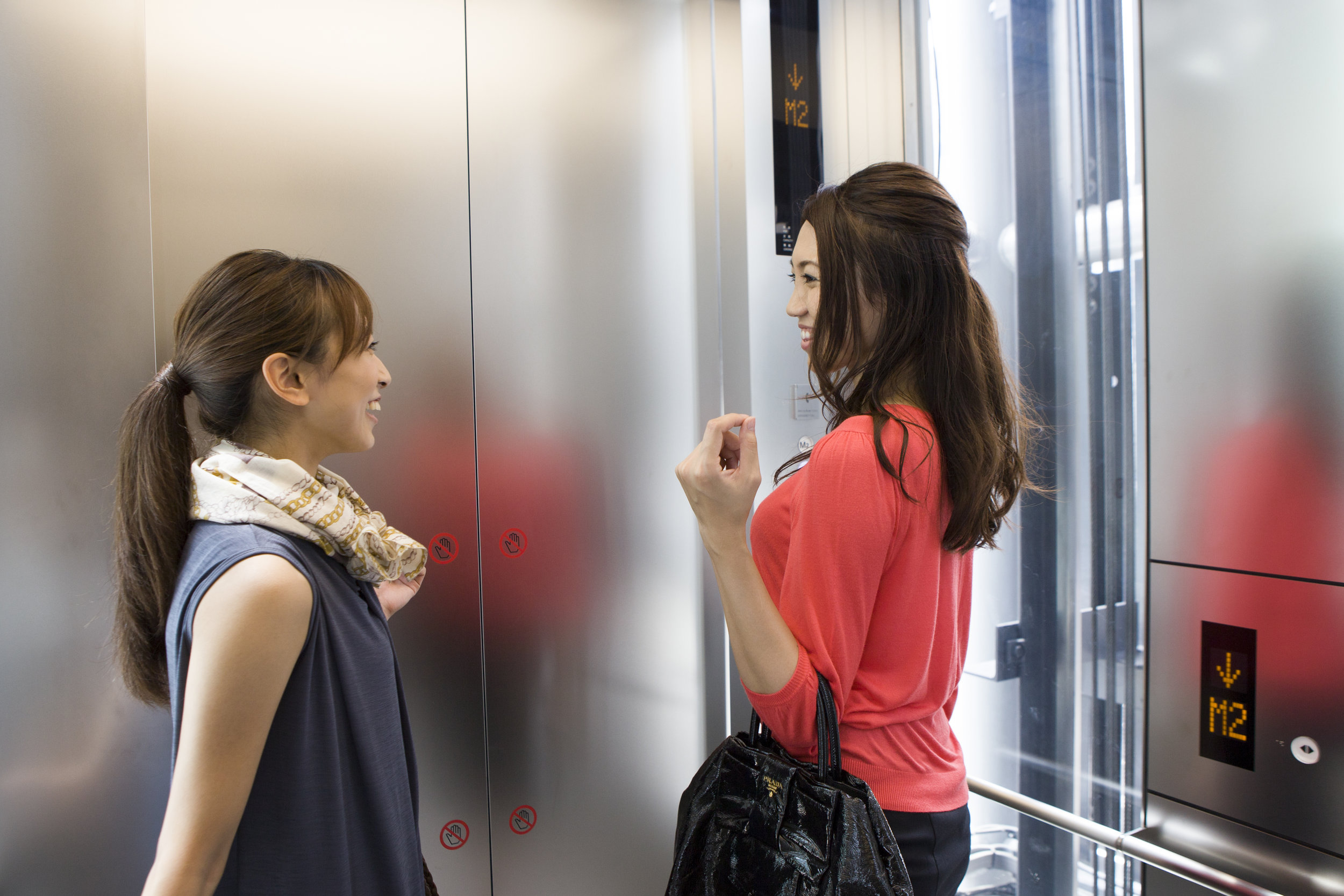In the 35 years since my first terrifying medical incident, a rare and often deadly disease, I have never met someone else who survived what I had. That’s unsurprising since it only affects only one or two children in every 100,000, and there is a 10-20% mortality rate. In fact, of the three children with bacterial streptococcal meningitis that year, I was the only one who survived.
But a couple of weeks ago, I was in the elevator of my apartment building (yes, I am the kind of person who starts conversations in elevators), and I found one! Oddly, we were talking about the switch from hard copy bulletin board to digital bulletin board in our garage elevator lobbies. Someone mentioned that it really helped the elderly residents who had vision problems, and I piped up that I appreciated it because of my steroid-induced cataracts. The other meningitis survivor asked why I was on steroids, and *boom* there we were, two meningitis survivors on one elevator.
I suspect she was about 10-15 years older than I, and she was 16 when she got sick which is a little more dangerous than six, but it also means that we had it within a couple of years of each other. Weird, right?
We got off the elevator and had some time to compare notes. We were both in a coma. Hers was longer, but my fever was higher. We had similar experiences coming out of our comas (too personal to share here), and we both had major, lasting side effects. She lost 10 years of memory, going from new driver to first grader in the space of her coma. She had to relearn everything she’d lost in those 10 years. I didn’t have 10 years to lose, but I lost some motor skills and the use of the left side of my body (temporarily) through paralysis.
That meant that both of us had to relearn how to go to the bathroom, how to write, how to feed ourselves. She recovered faster than I did, but it left is both with some . . . things. She still has muscle spasms and I have back issues from muscle atrophy and occasional shooting pains from the base of my skull into my left shoulder, occasional reminders that will never go away completely.
As we stood there in the lobby, it was weird to have so much in common. Have you ever had the feeling of being happy to see someone you had never met before? And that you very likely will never see again? I live in a building with over three thousand other people. In over 10 years, I had never seen this woman. I gave her my card, but if she hasn’t reached out in the last month, she probably won’t.
And that’s ok. When you have a rare condition, sometimes it’s enough to know there’s someone else out there just like there. However, instead of waiting to find support in random elevator conversations, you might want to find an actual support group, either online or in person. There’s nothing quite like finding the people who know your condition as well as you do. For all the ups and downs you weather every day, you will never have to explain it to them.


